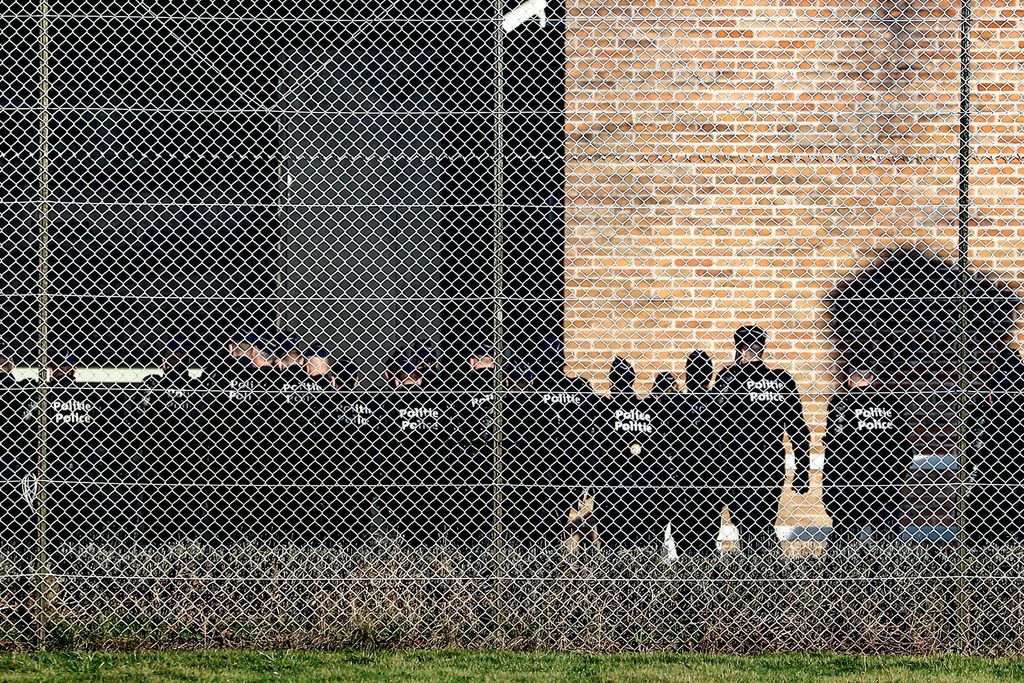The Federal Parliament has agreed to allocate just 22% of the budget required to implement an anti-torture mechanism. Human rights groups have called on the Parliament to review its decision.
Belgian MPs in the parliamentary accounting committee voted to allocate just 22% of the budget for the Mechanism for the Prevention of Torture and Inhuman or Degrading Treatment or Punishment (NPM) on 10 December – the International Day of Human Rights. The mechanism aims to improve the monitoring of human rights conditions in places where people are detained.
The reduced budget will only allow for four full-time equivalents to conduct visits rather than the 18 required to adequately monitor human rights conditions in prisons, detention centres, police cells and elsewhere.
The Optional Protocol to the Convention Against Torture (OPCAT) Coalition – made up of seven human rights groups – says the reduced funding is an "outrage against fundamental rights". It has called on MPs to review the budget during the next plenary session on Thursday 19 December.
"It is not possible to carry out anti-torture prevention work with just four people monitoring the entirety of institutions where people are detained. It's just not enough," Christophe D'Aloisio, president of the Christian Action to Abolish Torture (ACAT), told The Brussels Times. "The requested budget is like a speck of dust for the Belgian State."
"Belgium often wants to show that it is progressive on human rights issues, but in this area it is in fact among the most behind."
What is the OPCAT?
The OPCAT is an international human rights treaty which assists states in preventing torture and other ill-treatment in places of detention. Belgium signed the treaty in 2005. All EU Member States have now ratified the agreement apart from Belgium and Ireland.
The text grants four independent bodies – the Federal Institute for Human Rights (IFDH), the Central Prison Monitoring Board (CCSP), federal migration centre Myria and 'Committee P' (a police body) – to visit (sometimes unannounced) institutions that detain people and publish reports that highlight structural issues leading to torture or abuse.
D'Aloisio believes Belgium is lagging behind other countries because of a lack of national coherence. In addition, anti-torture preventions and monitoring are already in place in certain institutions, but they do not conform to the independent OPCAT model.
"I think the national scope is a problem for a country like Belgium. It has slowed down implementation because each sector, whether it is police or prisons, has its own staff who carry out prevention work [...] some might be concerned about independent bodies sticking their noses in."

